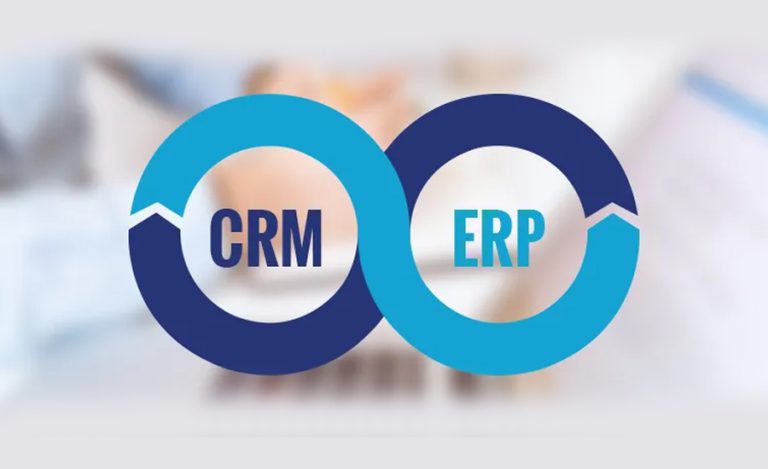What are the criteria by which an enterprise is considered small?
Often, many people, hearing the concept of “small business”, first of all imagine a small store, cafe or semi-handicraft workshop. This is the deepest delusion.
There are a lot of areas of activity of small businesses and they cover almost all spheres of the state economy.
Moreover, in developed countries, small and medium-sized businesses account for 40 to 75% of all products and services provided.
Naturally, in this situation, a small enterprise is the most important link in filling the state budget of the country.
The concept of a small business does not come from the scope of its activity, but is determined by a number of established criteria.
Modern criteria for a small business
Let’s list the signs of a business organization so that it falls under the concept of a small enterprise.
The authorized capital of the enterprise
When forming it, it should be borne in mind that the share of federal and regional institutions, foreign citizens and firms, all kinds of charitable and other foundations, public and religious associations, as well as enterprises that do not have the status of medium and small businesses, in total Capital terms should not exceed 25 %.
Maximum number of employees
In accordance with the law, the average number of employees of a small business, calculated based on the results of the previous year, should not exceed 100 people . For micro-enterprises, this criterion is even less – up to 15 employees.
Financial turnover
Additions to the current law, established in 2013 by the Decree of the Government of Russia, limit the maximum revenue of a small enterprise to a ceiling of 400 million rubles (excluding VAT deductions).
The total figures are also summed up based on the results of the previous year. An enterprise will fully comply with the status of “small” if the specified criteria have been met for at least two full years in a row.
The first criterion is a fairly stable value, set once during the initial registration of a business structure. But the second two indicators can be quite changeable, and require constant attention from the management, so that, following the results of inspections by controlling organizations, they do not lose the status of a small enterprise.
Small business benefits
Of course, small business organizations have a number of their own shortcomings, which are especially noticeable in modern Russian conditions:
- high degree of risk,
- difficulties in competing with large industrial enterprises,
- dependence on natural monopolies,
- often, insufficient preparedness of the management team for the successful management of a small business.
But many of the qualities of a small business are also its undeniable advantages:
- Carrying out its activities, as a rule, in a limited region makes it possible to quickly respond to the needs of the local market.
- The same factor determines the possibility of direct contact with the consumer to provide sustainable feedback with the overall goal of improving the quality of services and goods produced.
- If the range of products or services changes, the restructuring of the enterprise will not require significant investments.
- The narrow focus of the activity makes it possible to concentrate intellectual and material resources on specific promising projects.
- Lack of staff “hunger” – as a rule, an enterprise, even at the stage of its formation, is focused on the existing labor market.
- Small businesses are easier to manage and more responsive to innovation.
- A number of federal and regional legislative acts provide privileges for small entrepreneurs.
Small business Developmen
Stimulating the development of the small sector of the economy, the leadership of the Russian Federation introduced a number of concessions and benefits that greatly simplify the management of the enterprise and reduce the tax base.
Small businesses can keep their accounting records according to a simplified scheme. A fairly small turnover of the enterprise makes it possible to get away from filling out some forms of financial statements, which greatly facilitates the organization of the established workflow:
- accounting can be kept by the head of the enterprise himself, if he deems it appropriate;
- small businesses are completely exempted from some accounting regulations (PBU) such as:
- PBU 18/02, concerning the compulsory accounting of payments for profit;
- PBU 8/2010 for estimated and contingent liabilities and contingent assets;
- PBU 16/02 with information on discontinued operations;
- PBU 2/2008, reflecting information about the concluded contracts for construction contracts, and a number of others.
- Most of the other MODUs can be maintained according to a much simplified scheme.
- the possibility of correcting errors in the accounting statements after their approval is provided, without resorting to the tedious procedure of full retrospective recalculation.
It has become much easier to register an enterprise – a number of additional conditions are not applied to such structures.
Small businesses can be exempted from VAT subject to the release of goods included in the list of exempt from this tax. Also, this tax does not apply to long-term leasing transactions.
There are a number of benefits related to the payment of rent for production facilities, training of personnel and the placement of advertisements.
Some large financial institutions offer winning small business lending programs at fairly low interest rates.
Preferential insurance conditions are applied to small businesses, rules for accelerated depreciation of their fixed assets, and the possible amounts of deductions that can legally be attributed to production costs are increasing.
In addition, in a number of constituent entities of the Russian Federation at the level of regional governments, legal acts have been adopted on additional incentives for small business.





